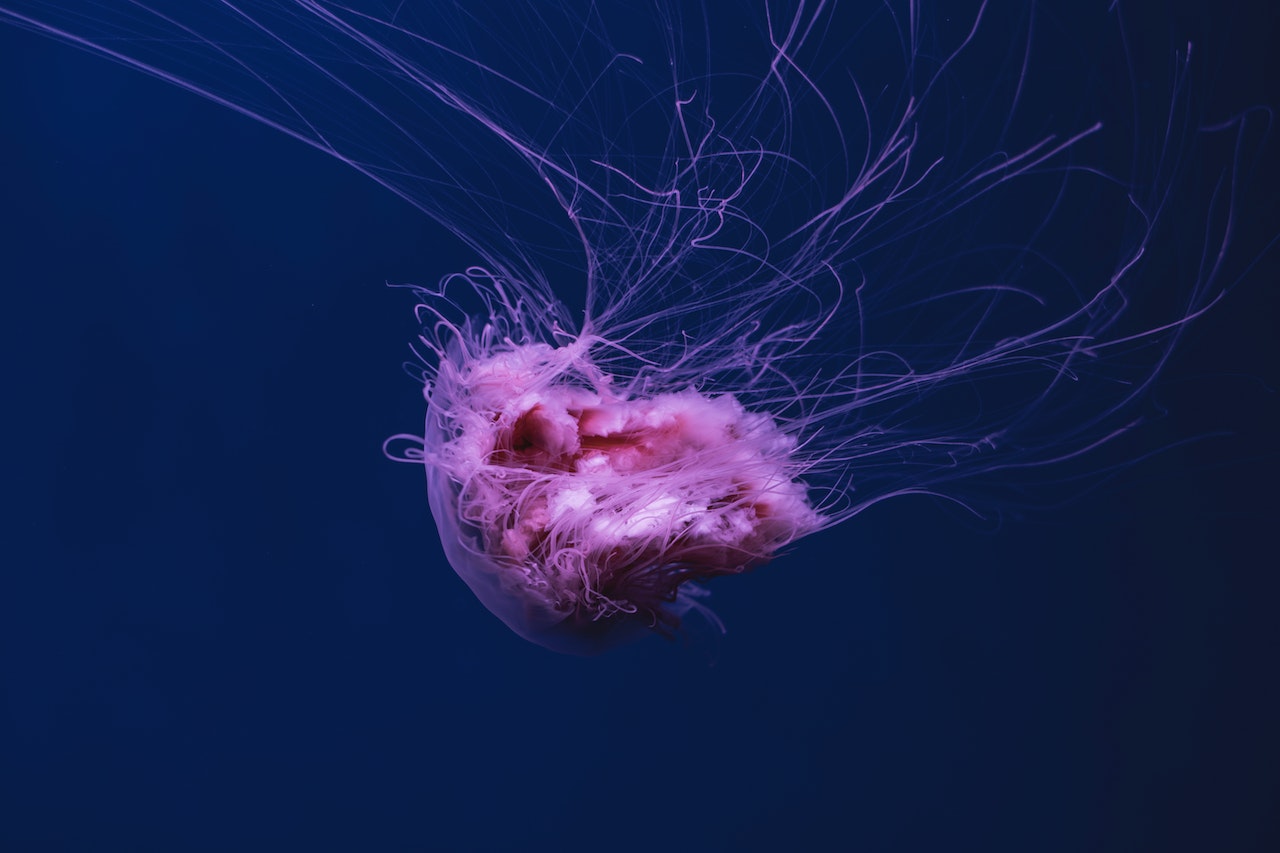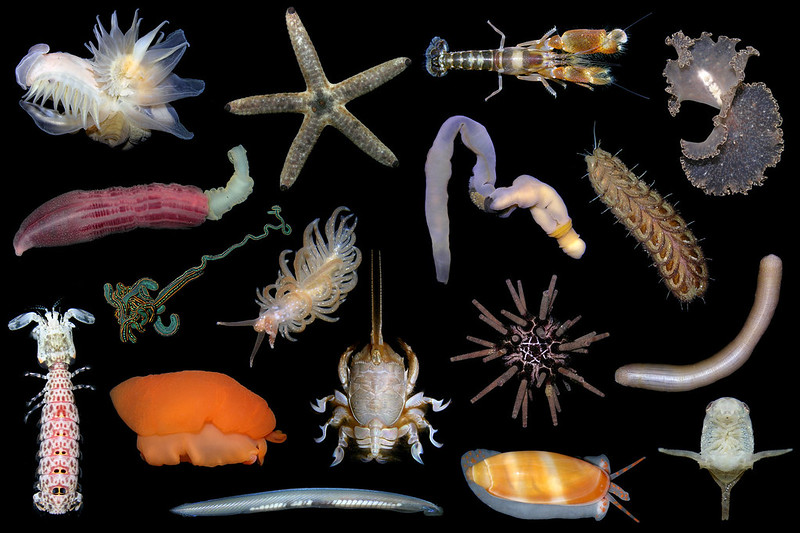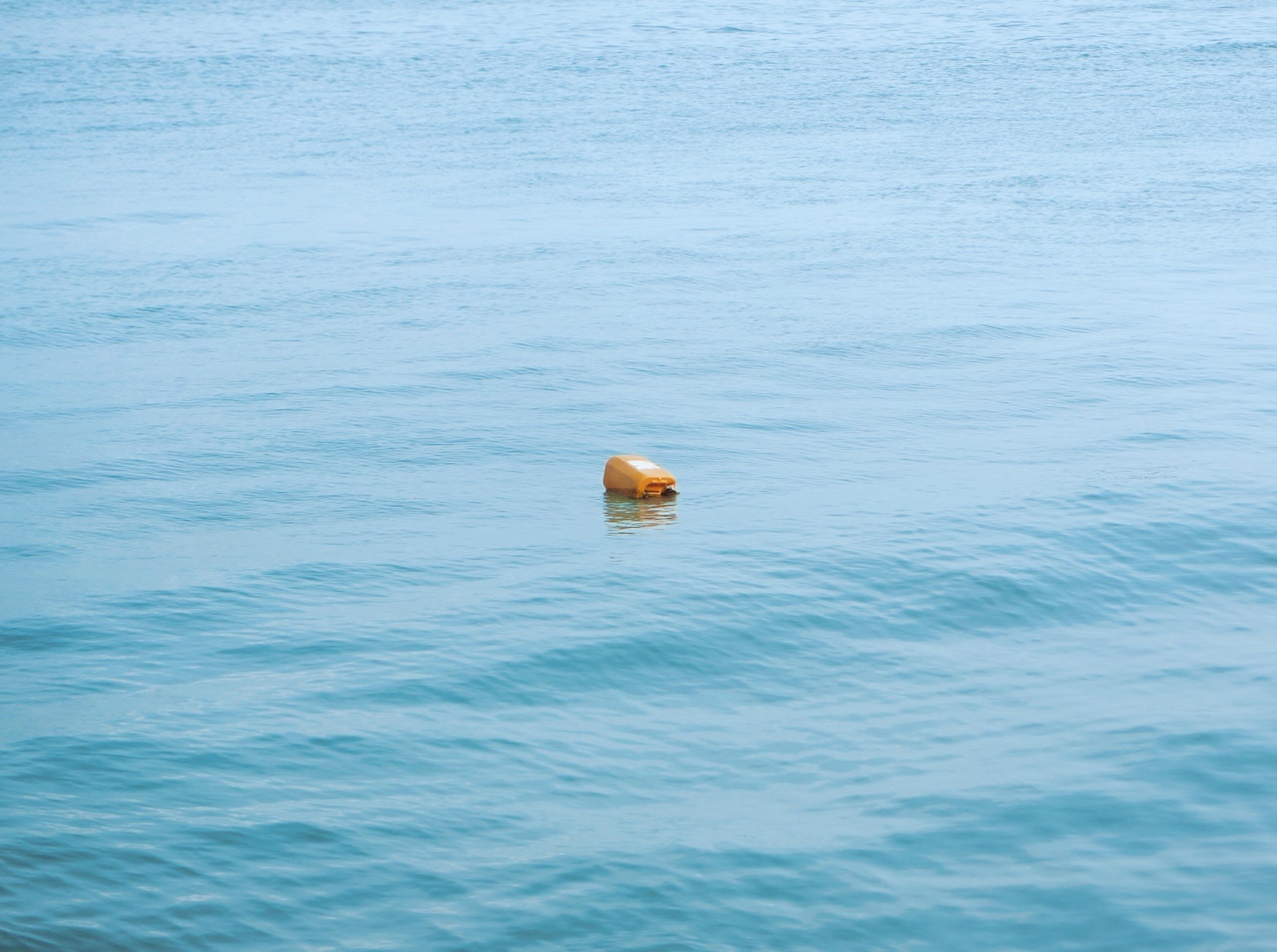Comments
- No comments found

Plastic pollution has become a global crisis that poses a significant threat to marine ecosystems.
It is estimated that more than eight million tons of plastic end up in our oceans every year, and the majority of it eventually accumulates in massive oceanic garbage patches. One of the most notorious is the Great Pacific Garbage Patch, located between Hawaii and California, which contains an estimated 1.8 trillion pieces of plastic, covering an area larger than the state of Texas.
While plastic pollution is harmful to marine life, recent studies have shown that some species of marine invertebrates are capable of surviving and even reproducing on plastic debris. This finding has surprised many researchers and challenged the prevailing notion that plastic pollution is entirely detrimental to marine life.

Scientists have discovered that dozens of species of marine invertebrates, including crustaceans, mollusks, and worms, are capable of surviving on plastic debris in the Great Pacific Garbage Patch. These organisms attach themselves to the surface of the plastic and feed on the microorganisms that grow on it. In some cases, the plastic provides a suitable habitat that enables the invertebrates to thrive in the harsh oceanic environment.
For example, some species of barnacles have been found to grow faster and larger on plastic than on natural surfaces, such as rocks or shells. Researchers believe that this is because the plastic provides a stable and consistent surface, which allows the barnacles to allocate more energy towards growth and reproduction.
Similarly, some species of snails have been found to lay their eggs on the surface of plastic debris. The plastic provides a protective barrier that shields the eggs from predators and harsh oceanic conditions. In some cases, the plastic even provides a more suitable habitat than natural surfaces, allowing the snails to reproduce more successfully.
While the discovery that marine invertebrates can survive and reproduce on plastic debris is surprising, it does not change the fact that plastic pollution is harmful to marine ecosystems. Plastic debris can entangle and suffocate marine animals, and can also release harmful chemicals into the water, which can harm marine life.
Furthermore, while some species of marine invertebrates may be able to survive on plastic debris, it is not yet known whether they can thrive in the long term. Plastic debris is not a natural habitat for marine organisms, and it is unclear whether these species can sustain healthy populations in the long term.

The discovery that marine invertebrates can survive and reproduce on plastic debris challenges our understanding of the impacts of plastic pollution on marine ecosystems. While plastic debris is harmful to most marine life, some species of invertebrates have adapted to this new habitat and are able to thrive on it. However, it is important to remember that plastic pollution is still a serious threat to marine ecosystems, and we must continue to take action to reduce plastic waste and prevent it from entering our oceans.
Leave your comments
Post comment as a guest